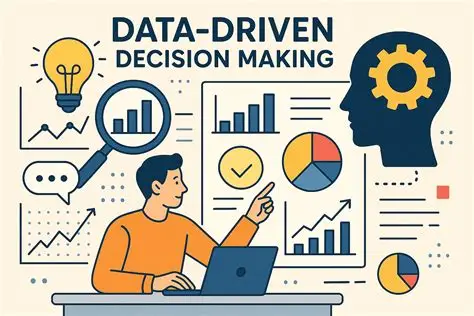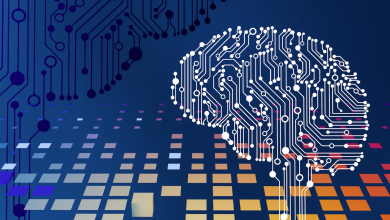
In an era where information is abundant but attention is scarce, professionals across industries are turning to automation and data-driven strategies to maintain their competitive edge. From technology firms processing millions of data points to educational consultants guiding students through complex decisions, the ability to collect, analyze, and act on data has become a defining characteristic of successful modern practices. This shift isn’t just about efficiency—it’s about making better decisions faster and delivering superior outcomes for clients and customers alike.
The Rise of Automation in Professional Services
Automation has evolved far beyond simple task completion. Today’s professionals use sophisticated tools that can gather insights, identify patterns, and even predict trends before they become obvious. This transformation is particularly evident in fields that require processing large amounts of information to deliver personalized recommendations or strategic guidance.
The democratization of advanced technology means that even small firms and independent consultants can now access tools that were once available only to large enterprises. This leveling of the playing field has forced professionals to adapt or risk obsolescence. Those who embrace automation aren’t replacing their expertise—they’re amplifying it, allowing them to focus on high-value activities like strategy, relationship building, and creative problem-solving.
Technology Sector: Scaling Data Operations
In the technology sector, data collection and analysis have become central to nearly every business function. Development teams need market intelligence, competitive analysis, and user behavior data to build products that resonate with their target audiences. Rather than manually gathering this information from disparate sources, forward-thinking companies are implementing automated solutions.
A web scraper API enables businesses to systematically collect data from multiple online sources, transforming unstructured web content into actionable datasets. This approach allows companies to monitor competitor pricing in real-time, track industry trends, aggregate customer reviews, and identify emerging market opportunities—all without dedicating human resources to repetitive manual research.
The impact extends beyond just time savings. Automated data collection eliminates human error, ensures consistency, and provides the volume of information necessary for machine learning models and AI-driven insights. Teams can make decisions based on comprehensive data rather than limited samples or anecdotal evidence.
Education Sector: Enhancing Student Outcomes
The education sector, particularly college admissions consulting, has also undergone a significant transformation through data-driven practices. The college application process has become increasingly competitive and complex, with students facing thousands of potential schools, each with unique requirements, culture, and outcomes data. To support this shift toward digital-first learning and analytics-driven guidance, many institutions are investing in accessible classroom technology solutions, such as leasing iPads for schools, which enables students and educators to access data tools, applications, and personalized learning resources without the burden of high upfront costs.
The best college admissions consultants now leverage data analytics to provide students with personalized guidance based on comprehensive information. Rather than relying solely on conventional wisdom or limited personal experience, these professionals analyze acceptance rates, financial aid trends, student satisfaction metrics, and post-graduation outcomes to match students with institutions where they’re most likely to thrive.
This data-driven approach helps consultants identify overlooked opportunities, optimize application strategies, and provide evidence-based advice on everything from course selection to extracurricular activities. Students benefit from insights that would be impossible to gather manually, receiving guidance that’s both personalized and grounded in concrete data.
The Common Thread: Data as a Strategic Asset
What unites these diverse professional fields is the recognition that data, when properly collected and analyzed, becomes a strategic asset. Automation doesn’t diminish professional expertise—it enhances it by removing the bottleneck of manual information gathering and processing.
The professionals who thrive in this environment are those who understand that technology is a tool to augment human judgment, not replace it. They combine automated data collection with critical thinking, domain expertise, and interpersonal skills to deliver outcomes that neither humans nor machines could achieve alone.
Conclusion
As automation technology becomes more accessible and sophisticated, the gap between data-driven professionals and those relying on traditional methods will only widen. Whether in technology, education, or any other field, the future belongs to those who can harness the power of automated data collection and analysis while maintaining the human insight that turns information into wisdom.





